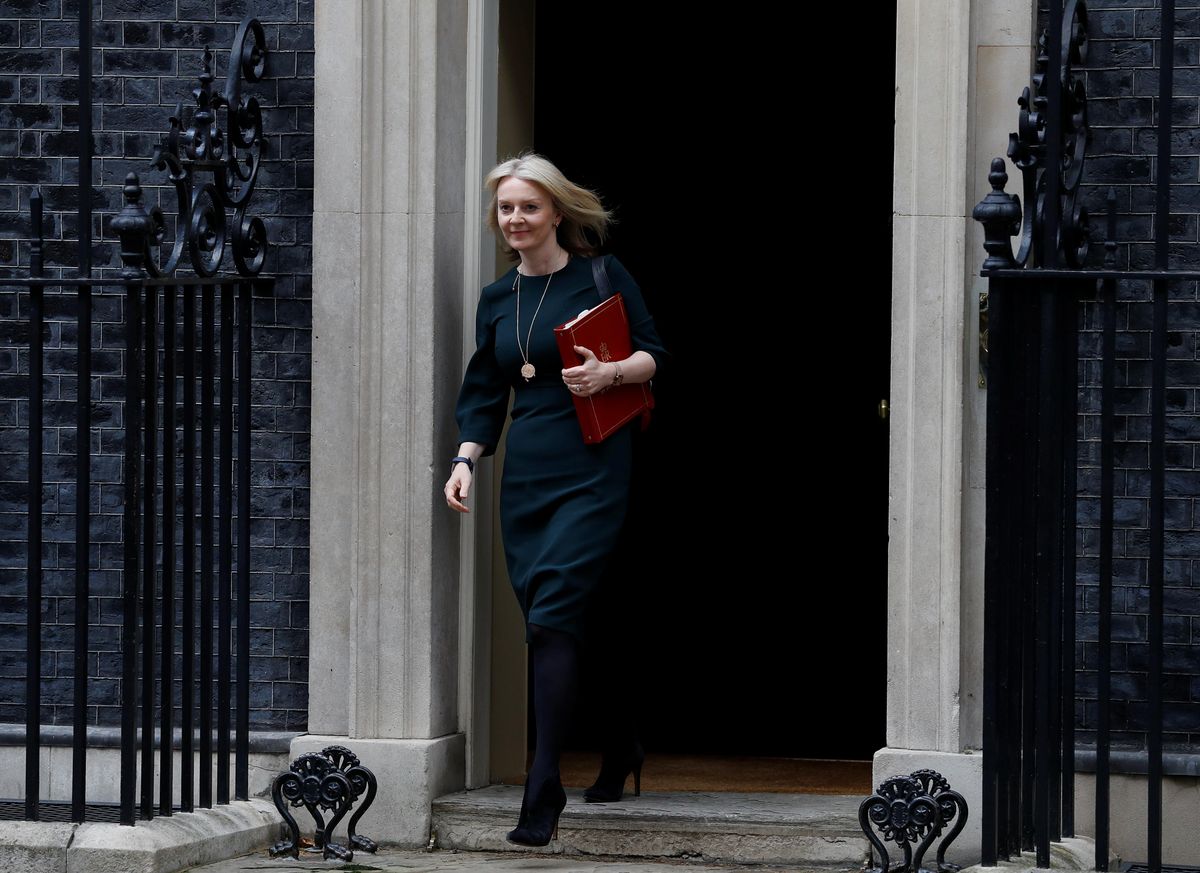On Friday, UK Prime Minister Liz Truss relieved Chancellor of the Exchequer Kwasi Kwarteng only 38 days into his tenure, replacing him with former Health and Foreign Secretary Jeremy Hunt. In a briefing after the decision, Truss said she would raise the corporate tax rate — reneging on a promise not to do so — by £18 billion ($20 billion) and admitted that her budget “went further and faster than markets were expecting.” Her announcement triggered a sell-off in the gilt market, as yields on long-term UK government bonds rose sharply, with more trouble expected on Monday. Analysts and traders assessed that the measures were not enough. The turmoil began three weeks ago, when now-sacked Chancellor Kwarteng led the new government’s charge to promise tax cuts without a plan to fund them, which sent the pound tumbling and the markets into a tizzy, leading to global criticism against Truss and her cabinet. Hunt, the new man in and an anti-Brexit “remainer,” has a tough gig ahead: he’s not just following the shortest chancellorship since 1970, or managing the reversal of the tax-cut plan to calm the markets – which had already anticipated the U-turn — but he’s also got to deal with a boss who's trying to keep her own job. Eurasia Group’s lead Europe analyst Mujtaba Rahman says that more than two dozen Tory MPs — including some of Truss’s original supporters — are planning to remove her from office before 2023. When asked today why she’s not resigning, Truss said: “My priority is making sure we deliver the economic stability that our country needs.”
Truss makes another U-turn, fires Kwarteng

Liz Truss’ unenviable new gig






